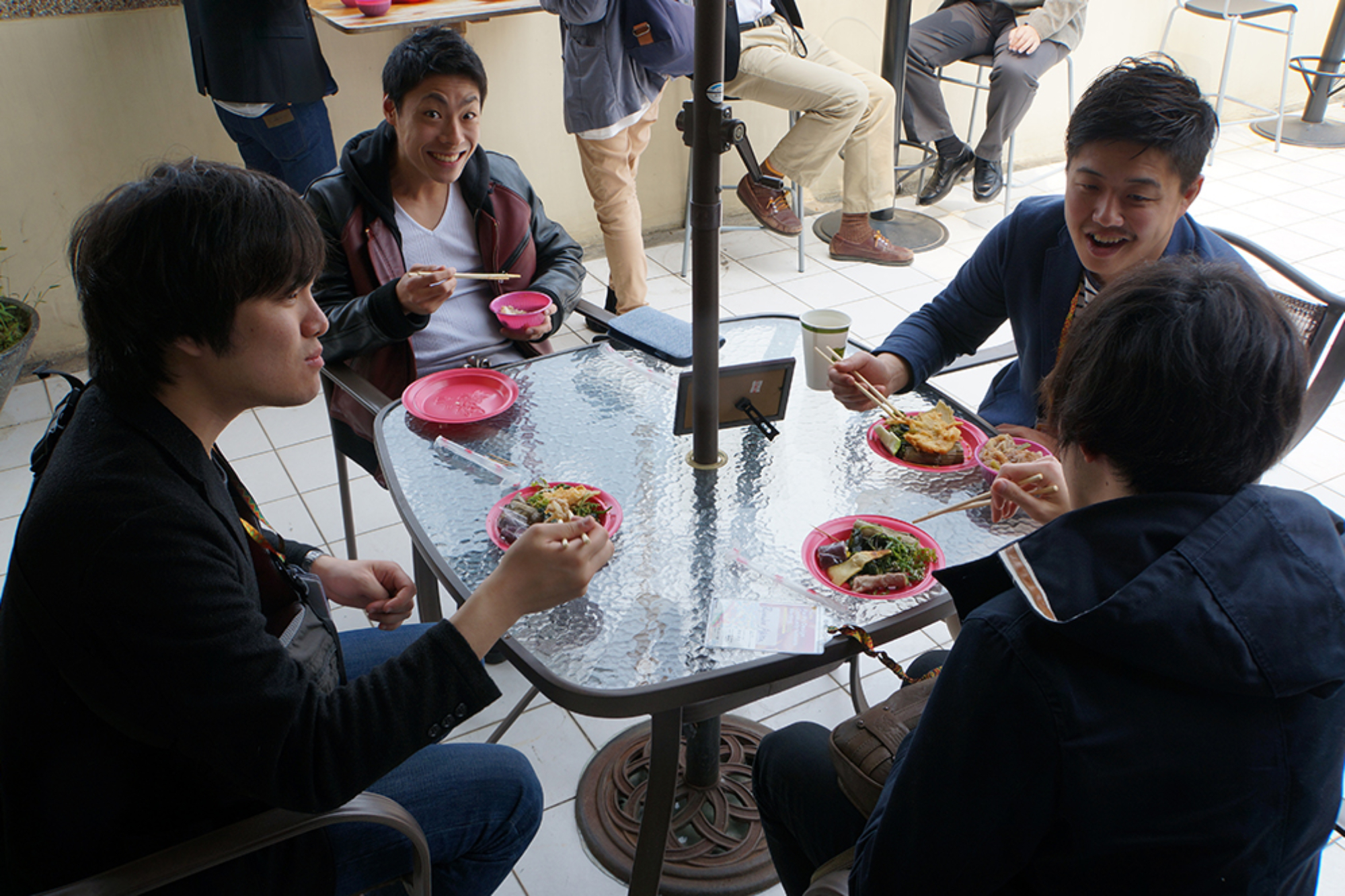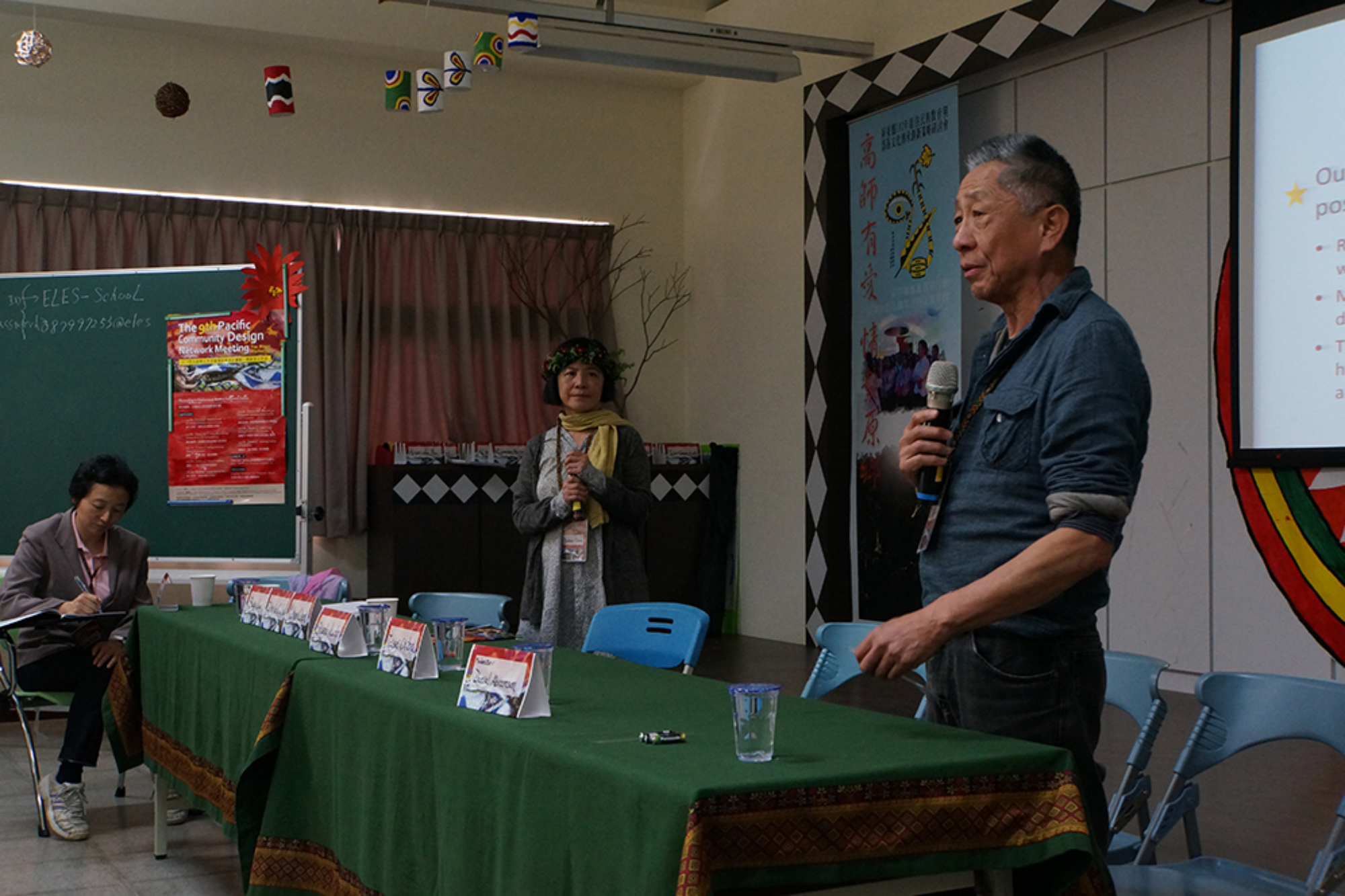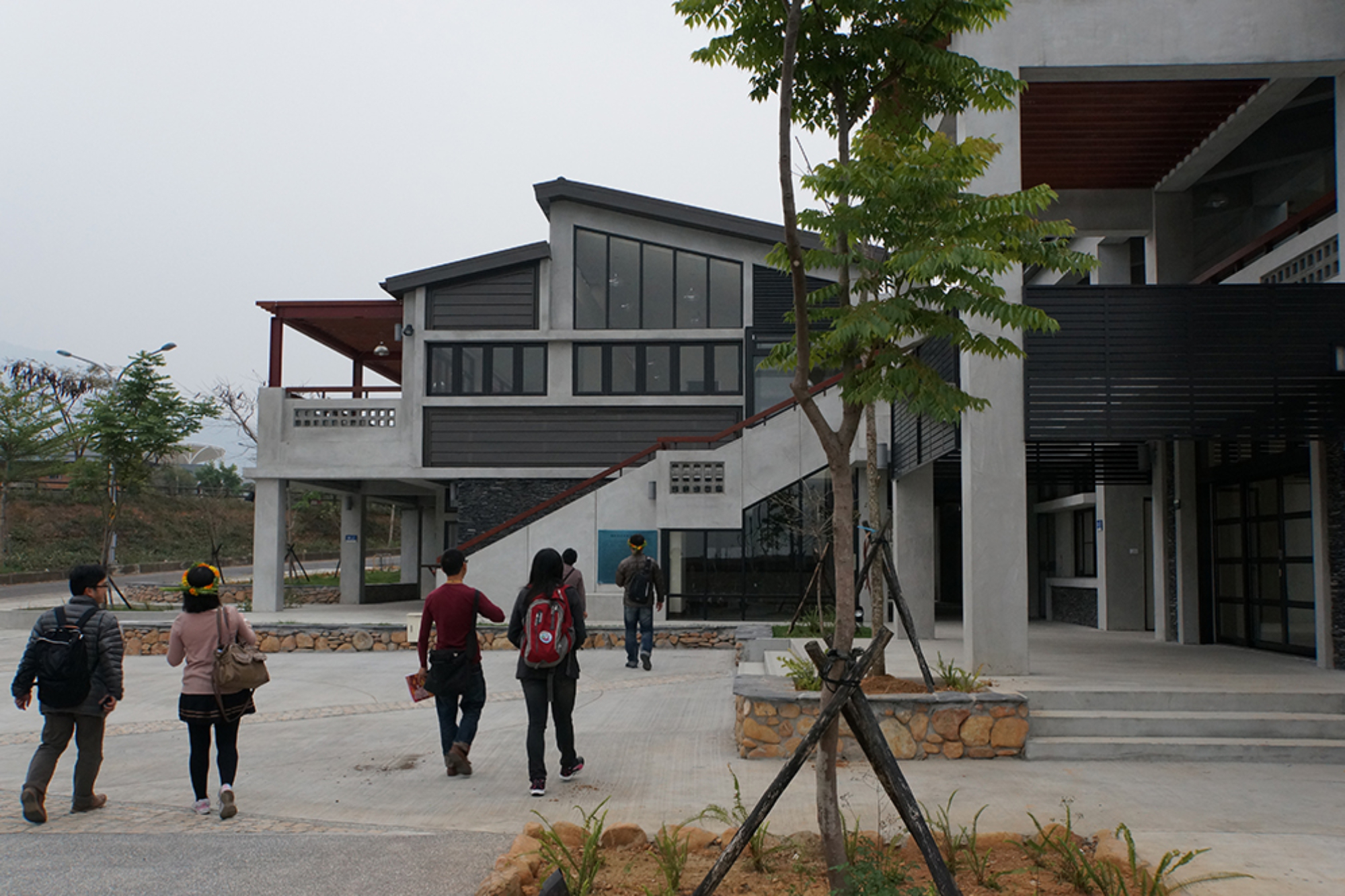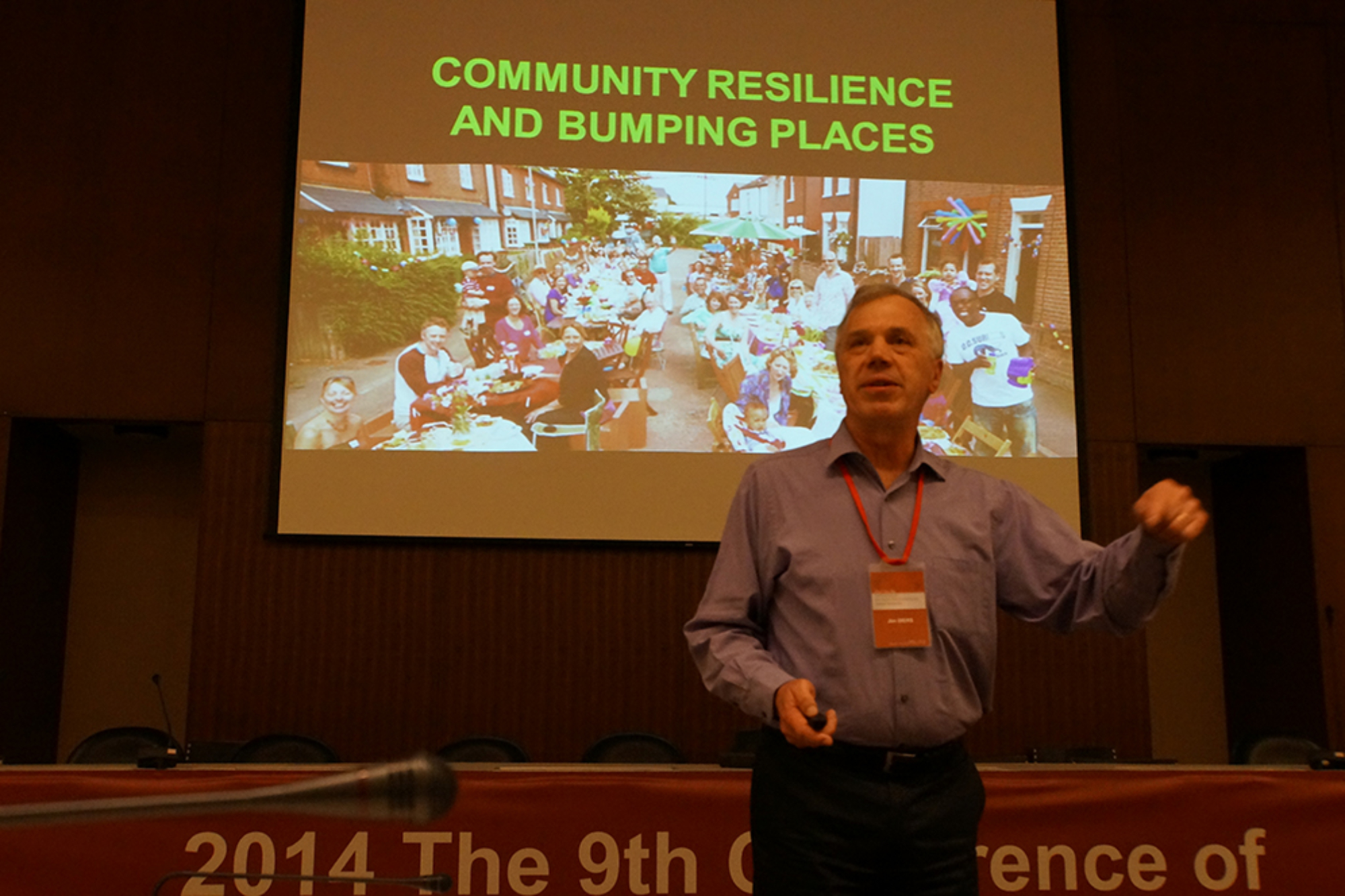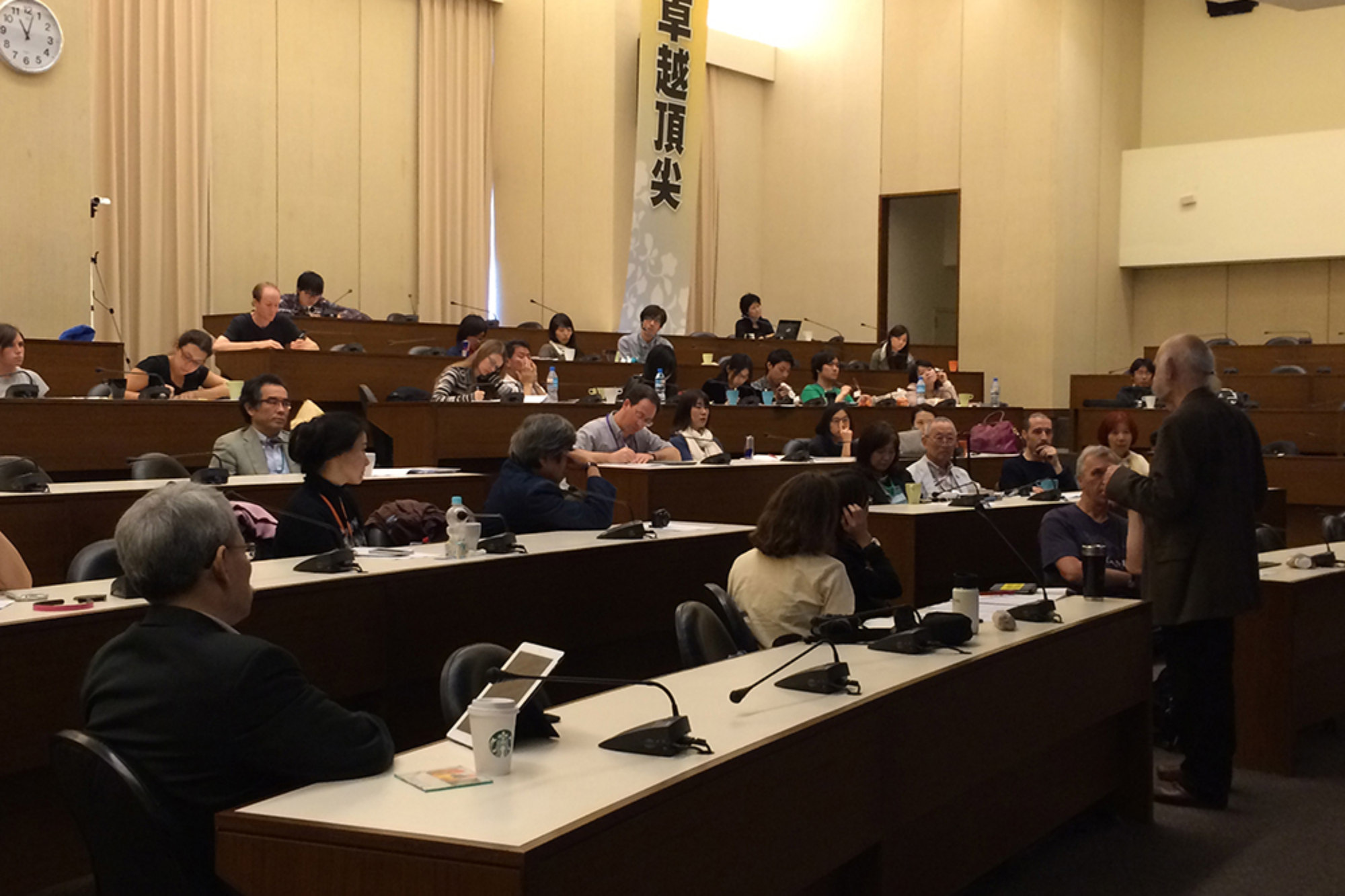Engaging the Grassroots: Social Justice and Biodiversity
The 9th Conference of the Pacific Rim Community Design Network
March 14-18, 2014, Taiwan
“Engaging the grassroots: Social Justice and Bio-diversity” was the theme for the 9th gathering of participatory community planners and designers around the Pacific Rim. Established in 1998, democratic planning and participatory design have been at the heart of the Pacific Rim Community Design Network. With eight conferences held in various countries across the Pacific Rim, issues and foci have been expanded according to environmental and social changes. For the 9th gathering, we intend to sustain our core values and endorse designers and planners interacting with communities through democratic spirits, civic resonances, and environmental stewardship. We span the theme “Engaging the grassroots: Social Justice and Biodiversity” to five key issues: (1) ‘new ruralism’ experiments, (2) wetland conservation, (3) indigenous cultural recovery, and (4) service-learning education. The format of the conference consisted of “small groups” organized around these five sub-areas, followed by a common forum – “big tables.”
The small groups and big tables were organized in two phases described below. In brief, small-group coordinators have organized events in Phase 1:
Phase 1: Four Small groups: Community-based Workshops and Issue-oriented Events
From March 14 to March 17, we simultaneously hosted five small groups in different locations over the island. Each small group focused on a community-based workshop that also included posters and paper presentations, etc. The purpose of the small group venues was to bring the current issues, problems, and challenges of social justice and biodiversity in Taiwan to an international audience and in the meantime to invite conference participants to share their related experiences to the local communities.
Phase 2: One Big Table: All-in-one Forums and Exchanges
Between March 17 and 18, we provided post-workshop forums and roundtable discussions in the form of Pacific Rim big table exchanges at Chung Yuan Christian University (CYCU) in Chungli, Taiwan. All workshop participants joined the conference and shared what they learned from the different workshops.
Key issues for the four small groups
The topics and sites/projects for the Small Groups are listed below.
New Ruralism Experiments: Taipei and Taoyuan
Food and land have always been the two dimensions structuring our imaginations of what the rural or countryside means to urban lives. Within the small group of “New Ruralism experiments,” we invited 15 participants to engage in formulating the new meaning of rural and the new imaginations of countries from our cross-cultural practices in our own communities and within our own societies. Our workshop targeted the balance between biodiversity, local economy, and native wisdom. Interested participants are encouraged to submit comparable case studies and papers that could be useful in dialogue and exchange. Local settings for our small group workshops and events were held in the tea country Pinglin and a few peri-urban communities in Northern Taiwan, such as Tucheng or Longtan.
Wetland Conservation: Xinchen, Budai
The purpose of this workshop was to engage the local community in Xinchen, Budai in southern Taiwan for the purpose of developing a wildlife protection and environmental education center located at the Xinchen elementary school. The school is located immediately adjacent to one of the major roosting areas of the Black-faced Spoonbill. Over the past several years the Taiwan team, in association with Randy Hester, has begun an effort to engage the local village in developing a community-based plan for the protection as well as environmental education regarding the Black-faced Spoonbill, the wetland ecology, and local economic development opportunities. Participants in this workshop stayed in the village for four days/three nights, worked on-site directly with village residents and community groups, and observed the wetland ecology firsthand including the Black-faced Spoonbill. The workshop focused on developing educational programs as well as designing facilities to accommodate visitors. Interested participants were encouraged to submit comparable case studies and papers that could be useful in dialogue and exchange.
Recovering Indigenous Cultures: Achieving Alternative Ownership in Placemaking, Rinari, Pingtung
In between different modalities of representing time and space, the place-based indigenous communities often struggle to maintain their collective use of the natural resource base, which is integral to cultural identity, while the modern property regime forcedly translates the ties between people and place into individualized ownership. The complex connection between indigenous communities and places requires more creative concepts and practices that can move beyond the inherently exclusive logic of property ownership. Meanwhile, alternative conceptualization of ownership can link the indigenous people’s struggle over land with emergent issues that are not only important to the indigenous tribes but to human beings in general, such as ecological democracy, food autonomy, cultural diversity and bio-diversity, alternative economics, etc. In practice, alternative ownership of land and resources can often result in creative design and land/resource management that bring together people across ethnicities, such as community-based farming, an alternative arrangement of housing, or educative programs in connection with managing the indigenous landscape. This workshop invited presentations that explore alternative ownership through placemaking. Practices or case studies are particularly welcome.
The workshop was held in Rinari, a village constructed in 2010 in Southern Taiwan to relocate more than 500 households displaced by the 2009 typhoon Morakot. As one of the most noted recovery cases, the village has been co-inhabited by three tribes, including Rukai and Paiwan. NTU Building and Planning Research Foundation has continuously contributed to some of the post-disaster recovery actions which reflect important concerns about indigenous cultural recovery here.
Service-Learning Education: Chungli, Chung Yuan Christian University campus
Since education is still a fundamental component of community design practice, the exchange of teaching experiments and pedagogical theories of participatory design and service learning should be an important part of this conference. Along with other universities in Taiwan, the Landscape Architecture Department of CYCU (CYLA) has devoted great efforts to teaching participation in design studios as well as initiating service-learning programs with communities. Although CYLA has a relatively short history, there are nevertheless some noticeable experiences worth sharing. This workshop was part of our service-learning teaching activities. We worked with local community groups in the An-ping area in which several rural Hakka settlements with rich cultural and natural resources are located.

